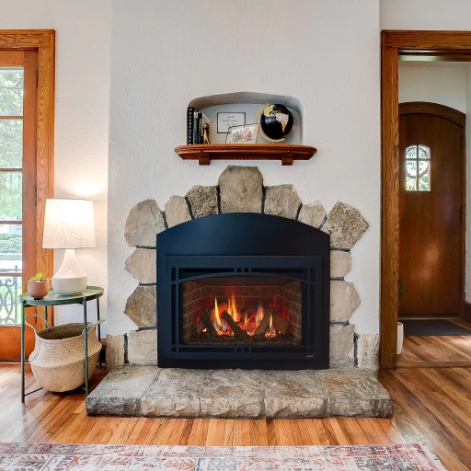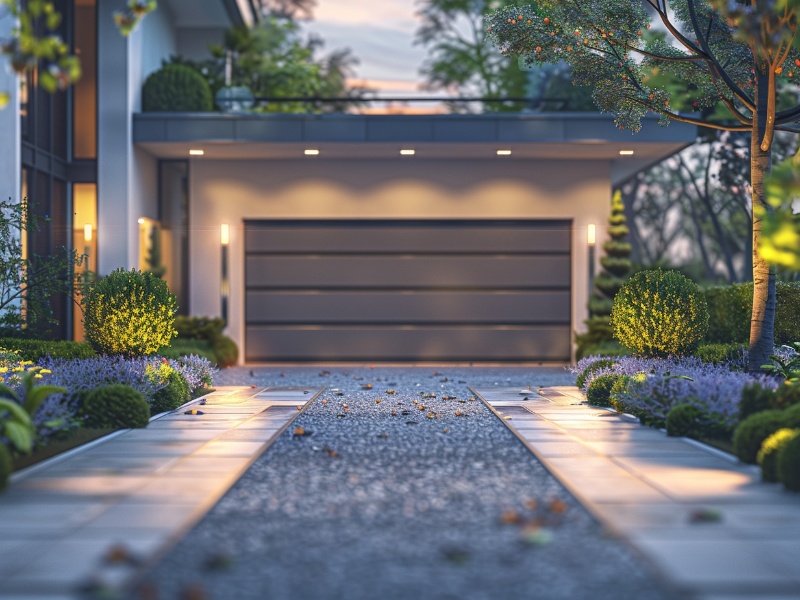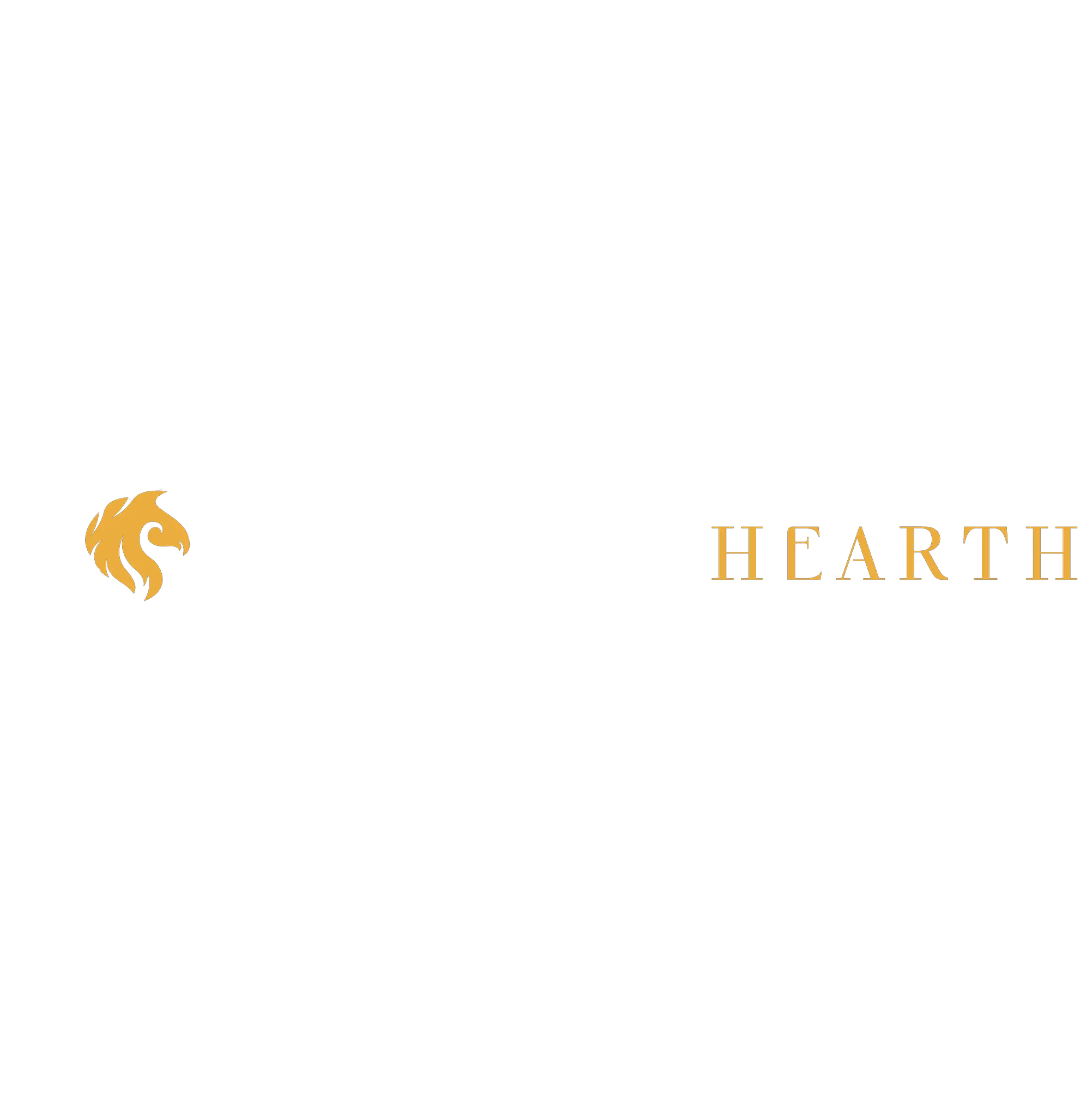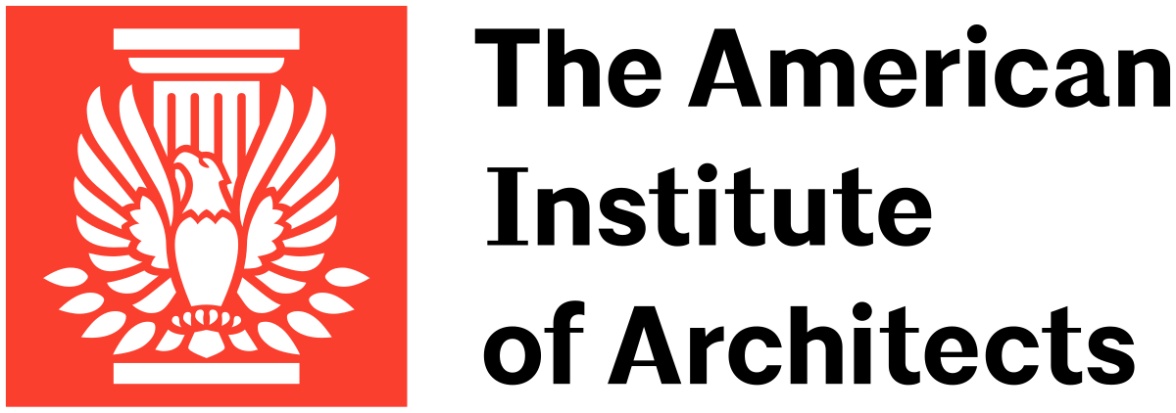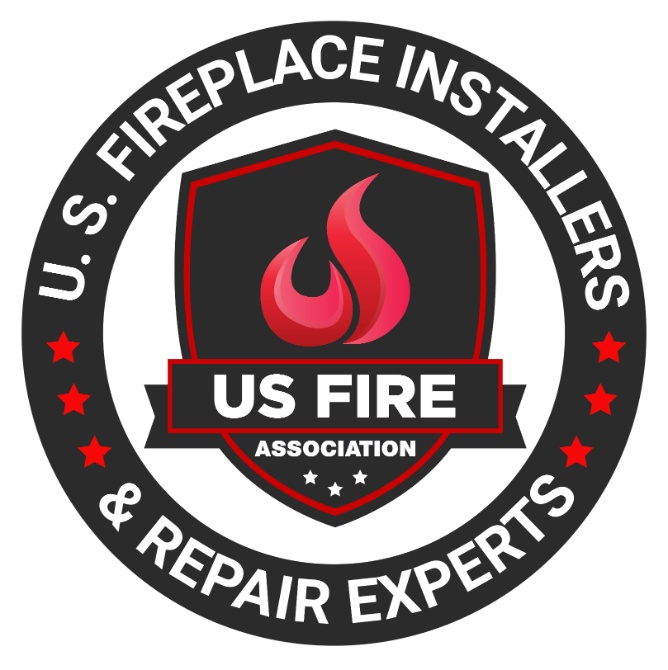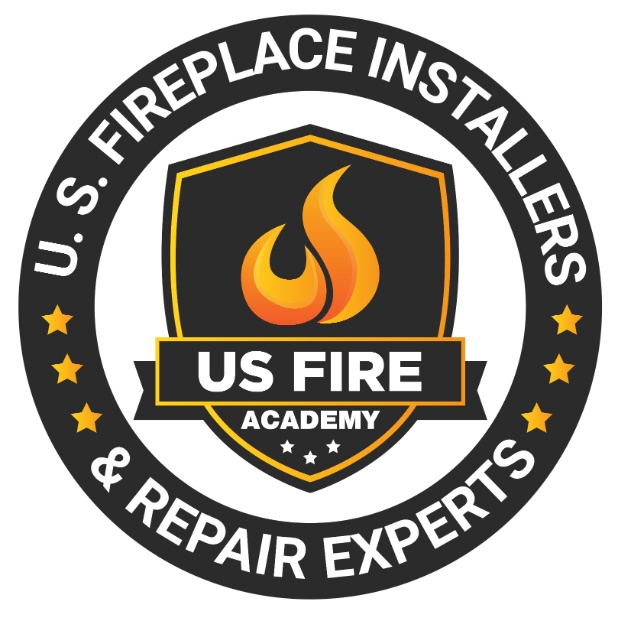Manufacturer Products
- Advanced Architectural Grilleworks
- Amantii Fireplaces
- American Fyre Designs
- Ashley Hearth Products
- Blaze King
- Breeo Firepits
- Buck Stove Fireplaces
- David Kimberly Door Company
- DaVinci Custom Fireplaces
- Dimplex
- Drolet
- DuraVent
- Ecosmart Fire
- Eiklor Flames
- Element4
- Empire Comfort Systems
- Enervex
- Englander Stove
- Enviro Fireplaces
- European Home
- EverWarm Gas Logs
- Fire Garden
- Firegear Outdoors
- FireMagic
- Fireplace Xtrordinair
- FireRock Building Materials
- Fire Sense
- Flamerite Fires
- Flare Fireplaces
- Focus Fireplaces
- Forshaw Mantels
- Grand Canyon Gas Logs
- Harman Stoves
- Hearth & Home Technologies
- Heat & Glo
- HeatFast
- Heatilator
- Heatmaster Fireplaces
- Holly & Martin Fireplaces
- HPC Fire
- Instone
- IntelliFire Ignition System
- JC Bordelet
- Jotul
- Kingsman Fireplaces
- Leenders
- Lexington Hearth Mantels
- Litedeer Homes
- Lopi Stoves
- Malm Fireplaces
- Modern Flames Fireplaces
- Monessen Fireplaces
- Montigo Fireplaces
- Napoleon Fireplaces
- NetZero Fire
- Opti-Myst
- Ortal Fireplaces
- Osburn Fireplaces
- Outdoor Greatroom Company
- Outdoor Lifestyles Fireplaces
- Pearl Mantels
- Peterson Log Sets
- Planika USA
- Quadra-Fire
- Regency Fireplace Products
- Remii Fireplaces
- Renaissance Cooking Systems
- Sierra Flame Fireplaces
- SimpliFire
- SÓLAS Contemporary Fire
- Spartherm
- Stellar Fireplaces
- Stoll Industries
- Stuv America
- Superior Fireplaces
- Swiss Fire Cube
- The Bio Flame
- Travis Industries
- US Stove
- Valcourt
- Valor Fireplaces
- Ventis Fireplaces
- Vermont Castings
- Vogelzang Products
- White Mountain Hearth
- Advanced Architectural Grilleworks
- Amantii Fireplaces
- American Fyre Designs
- Ashley Hearth Products
- Blaze King
- Breeo Firepits
- Buck Stove Fireplaces
- David Kimberly Door Company
- DaVinci Custom Fireplaces
- Dimplex
- Drolet
- DuraVent
- Ecosmart Fire
- Eiklor Flames
- Element4
- Empire Comfort Systems
- Enervex
- Englander Stove
- Enviro Fireplaces
- European Home
- EverWarm Gas Logs
- Fire Garden
- Firegear Outdoors
- FireMagic
- Fireplace Xtrordinair
- FireRock Building Materials
- Fire Sense
- Flamerite Fires
- Flare Fireplaces
- Focus Fireplaces
- Forshaw Mantels
- Grand Canyon Gas Logs
- Harman Stoves
- Hearth & Home Technologies
- Heat & Glo
- HeatFast
- Heatilator
- Heatmaster Fireplaces
- Holly & Martin Fireplaces
- HPC Fire
- Instone
- IntelliFire Ignition System
- JC Bordelet
- Jotul
- Kingsman Fireplaces
- Leenders
- Lexington Hearth Mantels
- Litedeer Homes
- Lopi Stoves
- Malm Fireplaces
- Modern Flames Fireplaces
- Monessen Fireplaces
- Montigo Fireplaces
- Napoleon Fireplaces
- NetZero Fire
- Opti-Myst
- Ortal Fireplaces
- Osburn Fireplaces
- Outdoor Greatroom Company
- Outdoor Lifestyles Fireplaces
- Pearl Mantels
- Peterson Log Sets
- Planika USA
- Quadra-Fire
- Regency Fireplace Products
- Remii Fireplaces
- Renaissance Cooking Systems
- Sierra Flame Fireplaces
- SimpliFire
- SÓLAS Contemporary Fire
- Spartherm
- Stellar Fireplaces
- Stoll Industries
- Stuv America
- Superior Fireplaces
- Swiss Fire Cube
- The Bio Flame
- Travis Industries
- US Stove
- Valcourt
- Valor Fireplaces
- Ventis Fireplaces
- Vermont Castings
- Vogelzang Products
- White Mountain Hearth
Advanced Architectural Grilleworks
History of the Company

Advanced Architectural Grilleworks boasts a rich history spanning over 80 years, deeply rooted in craftsmanship and a strong commitment to quality and service.
Founded by skilled craftsmen and builders, the company has grown into a prominent manufacturer of architectural grilles, significantly contributing to major aviation and mass transportation projects across the United States.
The company has faced significant challenges, including navigating the illness of a former CEO.
Despite such hurdles, the leadership transitioned smoothly with a long-time Vice President becoming the new CEO and majority owner.
This shift underscored the company’s resilience and its determination to continue thriving.
Apart from its business endeavors, Advanced Architectural Grilleworks places a high emphasis on social responsibility.
Under both former and current leadership, the company has been a steady supporter of St. Jude’s Children’s Hospital and Memorial Sloan Kettering Cancer Hospital, aligning its business operations with charitable efforts.
This commitment reflects their dedication to using their resources for the greater good, making a positive impact on the community.
Overall, Advanced Architectural Grilleworks stands out not only for its innovation in grille solutions but also for its strong corporate responsibility, showing that businesses can indeed make a significant difference in society.
Mission and Values
Advanced Architectural Grilleworks’ mission centers around being a leading provider of fine architectural grilles and metalwork.
The company is committed to delivering exceptional quality and service, maintaining a strong legacy of craftsmanship and innovation.
It aims to contribute significantly to large-scale projects, particularly in aviation and mass transportation, enhancing the functionality and aesthetics of architectural spaces.
The company’s core values reflect its dedication to quality craftsmanship, customer satisfaction, and innovation.
It places a strong emphasis on maintaining the highest standards in the design and fabrication of its products.
Meeting and exceeding customer expectations is paramount, ensuring that all solutions align with client needs.
Innovation is at the heart of Advanced Architectural Grilleworks, as the company embraces new processes and product developments to stay at the forefront of the industry.
This commitment to innovation allows the company to offer a wide range of customizable and versatile products.
Moreover, social responsibility is a key aspect of the company’s philosophy.
It actively supports charitable causes such as St. Jude’s Children’s Hospital and Memorial Sloan Kettering Cancer Hospital, demonstrating a commitment to using its resources for the greater good.
This engagement reflects the company’s belief in the importance of making a positive impact on the community.
Finally, integrity and resilience are vital components of their operational ethos.
The company prides itself on conducting business with honesty and integrity, building trust with clients, partners, and stakeholders.
Even in the face of challenges, Advanced Architectural Grilleworks shows resilience and adaptability, ensuring its continued success and growth.
These values not only guide their business practices but also foster community engagement, further emphasizing their role in positively impacting society.
Overview of Products
Advanced Architectural Grilleworks specializes in a diverse range of high-quality architectural grilles and metalwork products designed to meet the needs of various projects.
Their product line is extensive, featuring linear bar grilles, perforated metal grilles, and custom metal solutions that cater to both aesthetic and functional requirements.
The linear bar grilles are precision-engineered for ventilation and air distribution, making them ideal for a wide array of architectural applications.
These grilles are available in various sizes and finishes, allowing for integration into different design schemes.
Advanced Architectural Grilleworks ensures that these products are not only practical but also enhance the visual appeal of the spaces they occupy.
Perforated grilles are another offering from the company.
These grilles combine functionality with decorative elements, providing effective airflow while adding an artistic touch to any environment.
They are customizable in unlimited patterns, materials, and finishes, which allows clients to specify exactly what they need for new constructions, renovations, and restoration projects.
A unique feature in their product lineup is the patented Plaster J-Bead® frame, which facilitates a flush, borderless installation of grilles on walls or ceilings.
This innovation is particularly valuable for achieving a polished look in plaster and drywall applications, reflecting the company’s commitment to both aesthetics and innovation.
Advanced Architectural Grilleworks also emphasizes the durability and quality of its products.
All grilles are designed to withstand environmental, ensuring longevity and performance.
The company’s ability to customize products extends to dimensions, spacing, and mounting options, making it possible to accommodate unusual or challenging project requirements.
In summary, Advanced Architectural Grilleworks offers a comprehensive and versatile product range that stands out for its quality, customization options, and innovative features.
Their products serve not only practical purposes but also contribute significantly to the architectural aesthetics of both commercial and residential spaces.
Manufacturing Process
Advanced Architectural Grilleworks’ manufacturing process showcases a blend of traditional craftsmanship and modern technology.
This process starts with a detailed design and engineering phase, where each product’s specifications are carefully planned.
The company collaborates closely with architects and designers to ensure that the grilles meet both aesthetic and functional requirements.
The manufacturing process involves the use of state-of-the-art equipment and technologies to cut, mold, and refine various materials into the final products.
Advanced Architectural Grilleworks employs laser cutting, CNC machining, and precision milling to achieve the high levels of accuracy and detail required in their architectural grilles.
These technologies allow for intricate patterns and precise dimensions, which are crucial for custom orders and innovative designs.
Another key aspect of their production involves the use of various metals, including aluminum, bronze, and stainless steel, which are selected for their durability and aesthetic qualities.
The choice of material depends on the project requirements and client preferences, ensuring that each product not only looks good but also stands up to environmental and operational demands.
Finally, the finishing processes at Advanced Architectural Grilleworks include polishing, anodizing, and powder coating, which provide additional durability and corrosion resistance.
These finishes enhance the visual appeal of the grilles while extending their lifespan.
Throughout the manufacturing process, Advanced Architectural Grilleworks maintains a focus on quality control, ensuring that every product meets their high standards before it leaves the factory.
This commitment to quality and detail is what sets them apart in the architectural grille market.
Advantages of Advanced Architectural Grilleworks
Advanced Architectural Grilleworks stands out in the architectural grille market due to several key advantages.
First, the company combines traditional craftsmanship with cutting-edge technology, allowing for high precision and customization in their products.
This blend of old-world techniques and modern methods ensures that each grille is not only aesthetically pleasing but also meets specific functional requirements for ventilation and decor.
The firm offers a vast array of designs, with options ranging from linear bar grilles to intricately perforated patterns, suitable for both contemporary and traditional architectural styles.
This variety ensures that architects and designers can find the perfect match for any project, enhancing both the functionality and the aesthetic value of their spaces.
Another significant advantage is the company’s commitment to quality and durability.
Advanced Architectural Grilleworks uses premium materials such as aluminum, stainless steel, and bronze, which are known for their strength and resistance to environmental factors.
These materials, combined with superior finishing processes like powder coating and anodizing, contribute to the longevity and maintenance ease of the grilles.
Furthermore, Advanced Architectural Grilleworks is responsive to customer needs, offering one of the industry’s best lead times for both standard and custom orders.
Their ability to quickly produce and deliver high-quality grilles helps clients meet project deadlines without compromising on quality.
Lastly, the company’s dedication to innovation is evident in their patented Plaster J-Bead® frame technology, which allows for seamless integration of grilles into plaster walls and ceilings, providing a clean, flush finish.
This innovation not only enhances the visual impact of their products but also simplifies the installation process.
These advantages make Advanced Architectural Grilleworks a preferred choice for those seeking high-quality, durable, and aesthetically pleasing architectural grille solutions.
Considerations for Buyers
When considering a purchase from Advanced Architectural Grilleworks, buyers should take into account several key factors to ensure they choose the right products for their projects.
First, understanding the specific application and environmental conditions where the grilles will be installed is crucial.
This will help in selecting the right materials and finishes, such as aluminum, stainless steel, or bronze, which are offered by Advanced Architectural Grilleworks for their durability and aesthetic appeal.
The design requirements are also essential; Advanced Architectural Grilleworks offers a wide range of customizable options.
Buyers should consider whether they need a standard linear bar grille or a more decorative perforated grille.
The company’s ability to produce intricate and custom designs means that buyers can specify details that match their architectural vision perfectly.
Buyers should also think about the installation process. The patented Plaster J-Bead® frame technology by Advanced Architectural Grilleworks facilitates seamless integration of grilles into plastered surfaces, which is ideal for achieving a sophisticated look with a flush finish.
Understanding the technical requirements and compatibility with existing structures is vital for a smooth installation.
Considering the lead times and project deadlines is another important factor.
Advanced Architectural Grilleworks is known for its competitive lead times, even for custom orders, which can be crucial for project planning and timely completion.
Lastly, buyers should factor in ongoing maintenance and the longevity of the grilles.
The high-quality materials and finishes used by Advanced Architectural Grilleworks enhance the durability and longevity of their products, reducing long-term maintenance costs.
Taking these considerations into account will help buyers make informed decisions that align with their project needs and ensure satisfaction with the final installation.
Frequently Asked Questions
Definitions and Basic Concepts
Q: What is a grille in a building?
A: A grille in a building refers to a cover with slits or openings often used to conceal heating, ventilation, and air conditioning (HVAC) ducts. It allows air to pass through while maintaining an aesthetic or functional barrier.
Q: What are metal grilles?
A: Metal grilles are grilles made from various types of metals such as aluminum, steel, or brass. They are used for their durability, aesthetic appeal, and ability to be crafted into numerous designs and finishes.
Q: What is the difference between grille and grill HVAC?
A: In HVAC, a grille is a fixed covering with slats that allow air to pass through without altering the air’s direction. In contrast, a grill (commonly spelled as ‘grille’ in this context) can refer to a cooking appliance or sometimes interchangeably with HVAC grilles, though less commonly.
Functions and Importance
Q: What is the purpose of a grille?
A: The primary purpose of a grille is to cover an opening in a wall, floor, or ceiling where heating, ventilation, or air conditioning systems operate. It allows air to circulate efficiently while blocking unwanted elements from entering the ducts.
Q: Is the grille important?
A: Yes, the grille is crucial in HVAC systems as it not only facilitates air flow but also serves as a protective barrier, preventing large objects from entering the ductwork and potentially damaging the system.
Design and Types
Q: What is grille in interior design?
A: In interior design, a grille is used as a decorative element that also serves functional purposes, such as concealing HVAC elements or other mechanical components, while integrating seamlessly with the room’s aesthetic.
Q: What are interior design grilles made of?
A: Interior design grilles can be made of various materials, including wood, metal, and plastic, depending on the design requirements and specific application.
Q: What is the effective area of a grille?
A: The effective area of a grille refers to the total area through which air can pass. It is less than the physical area of the grille due to the presence of solid parts like borders and supports that block airflow.
Specific Features and Differences
Q: What characteristics make a grille into a register?
A: A grille becomes a register when it includes an adjustable damper to control airflow. This damper allows the register to modulate the amount of air flowing through, making it more versatile than a simple grille.
Q: What is a fixed grille?
A: A fixed grille is a type of grille designed without movable parts. It permanently covers an opening, allowing continuous air passage without the capability to adjust the flow direction or volume.
Q: What is a flange grille?
A: A flange grille includes a flange, which is a projecting flat rim, collar, or rib on the edge, to facilitate mounting and securing the grille to an opening or duct system.
Q: What is the difference between grille and louver?
A: The main difference between a grille and a louver lies in their design and function. A louver consists of angled slats designed to provide ventilation while blocking direct light and rain. In contrast, a grille has multiple openings without the angled slats, focusing more on air passage.
